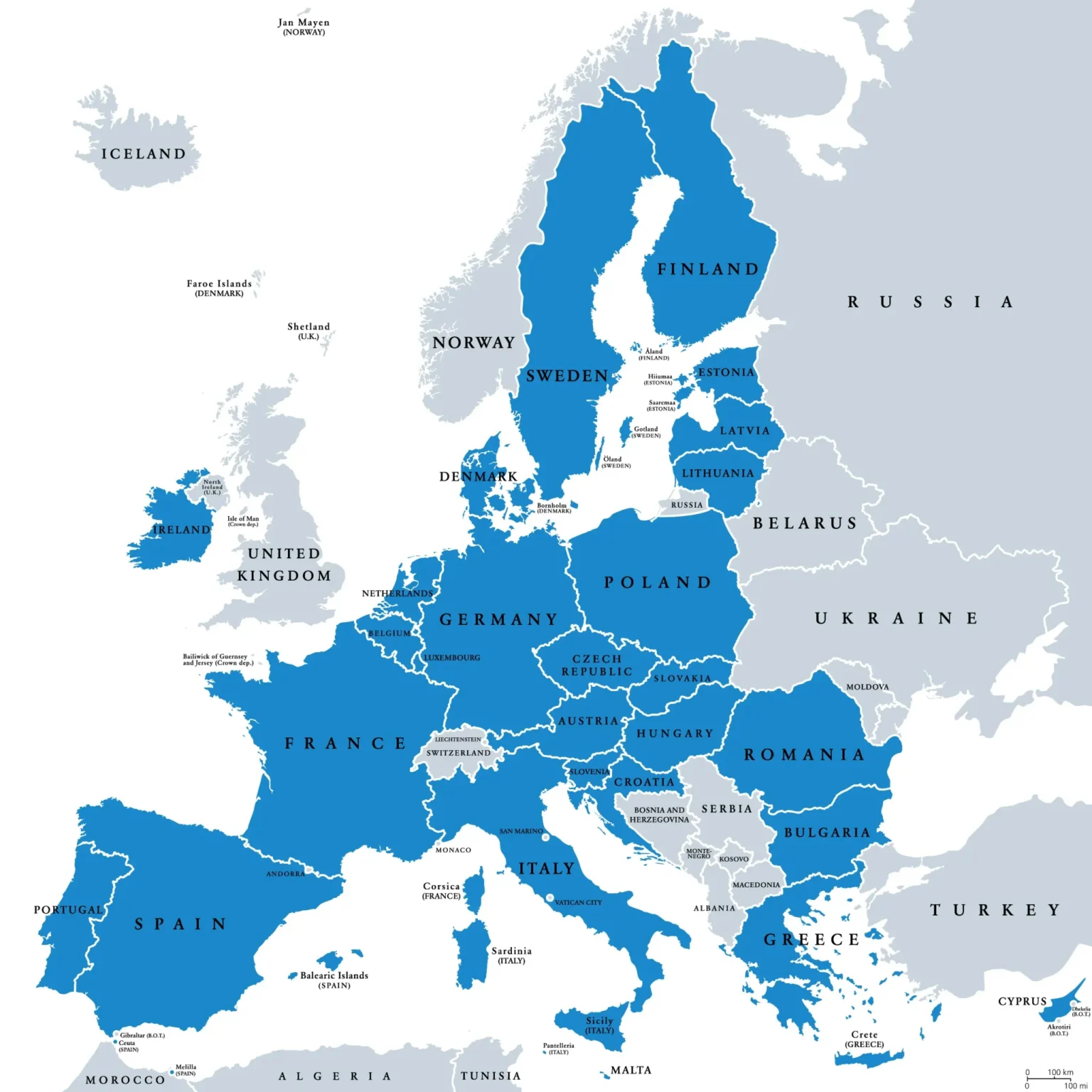EU Announces Its First Official Crypto Sanction Amidst Increased Regulatory Scrutiny
In a landmark move, the European Union has announced its first-ever official sanctions against a cryptocurrency entity, marking a significant step in the global regulatory landscape for digital assets. This development emphasizes the EU’s commitment to establishing a more regulated and secure cryptocurrency environment.
Background and Impetus for Sanction
The decision to impose sanctions comes in response to growing concerns about the use of cryptocurrencies in illicit activities, including money laundering, terrorism financing, and evading economic sanctions. The EU has been closely monitoring the cryptocurrency market, which has been rapidly expanding and increasingly intersecting with mainstream financial systems. This sanction reflects a broader initiative to ensure that the burgeoning digital economy is not left unchecked.
Details of the Sanction
The EU has not publicly disclosed the name of the specific entity sanctioned. However, it is understood that the entity in question was allegedly involved in providing a platform for transactions linked to criminal activities. The sanctions include a freezing of assets within the EU, prohibitions against EU citizens and companies doing business with the entity, and other financial restrictions.
Implications for the Cryptocurrency Industry
This move by the EU sets a precedent for how digital financial services might be treated moving forward, not just within Europe, but globally. Regulatory authorities worldwide are likely to watch this development closely and could consider implementing similar measures based on the outcome of the EU’s actions.
The cryptocurrency industry, known for its “wild west” beginnings, has seen increasing calls for regulation. Industry experts suggest that while some level of regulation is necessary to prevent abuses and protect consumers, there is also a risk that overly stringent regulations could stifle innovation.
Reactions from the Crypto Community
Reactions within the cryptocurrency community have been mixed. Some stakeholders welcome the scrutiny, believing that it helps legitimize the industry and attract more stable investments. Others fear that heavy-handed regulation could hinder the decentralized ethos that is a hallmark of blockchain technology.
Crypto investors and companies are advised to closely monitor these developments. Compliance with legal standards can vary significantly between jurisdictions, and staying informed is crucial.
Moving Forward: A Call for Balanced Regulation
As digital currencies continue to evolve, the need for a balanced regulatory framework becomes increasingly apparent. The EU’s approach could serve as a model for other regions, highlighting the importance of cooperation between regulatory bodies and the cryptocurrency industry.
In conclusion, the EU’s first official crypto sanction is a pivotal moment for the digital asset sector. It serves as a reminder of the growing pains that come with revolutionizing the financial system but also of the potential for more secure and robust development within the crypto space through thoughtful regulation. As the landscape continues to change, ongoing dialogue between regulators, industry players, and other stakeholders will be essential to harness the benefits of cryptocurrencies while mitigating their risks.








